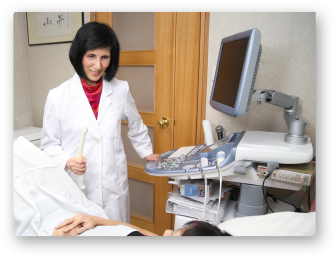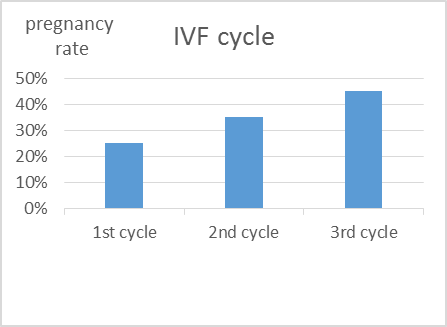Infertility evaluation and testing

On your first consultation, you will be thoroughly evaluated to determine the cause of infertility. This may involve some tests being performed as well. At the same time, we shall also do a comprehensive assessment of your social background as suggested by the Human Reproductive Technology Code of Practice.
Before the consultation, patients should gather all previous investigations and treatment records and bring them along to the consultation. This will help in determining the cause and will prevent us from doing unnecessary tests.
A history will be taken which involves both partners’ infertility, medical, surgical, gynaecological and obstetric history.
For the female partner, a physical examination and ultrasound will be performed to diagnose uterine abnormalities such as polyps, fibroids, tubal and ovarian abnormalities.
An assessment of ovarian reserve is then done by
- Ultrasound: assessment of antral follicle count(AFC)
- Blood Tests: Anti-Müllerian Hormone (AMH)
- Day 2 Follicle Stimulating Hormone (FSH), Estradiol (E2)
For the assessment of ovulation:
|






